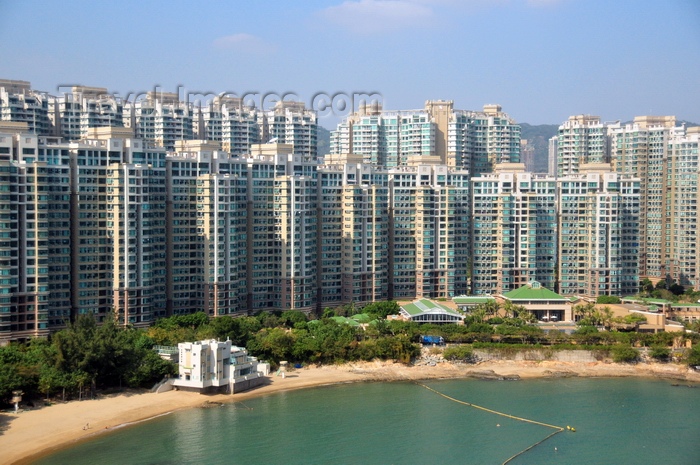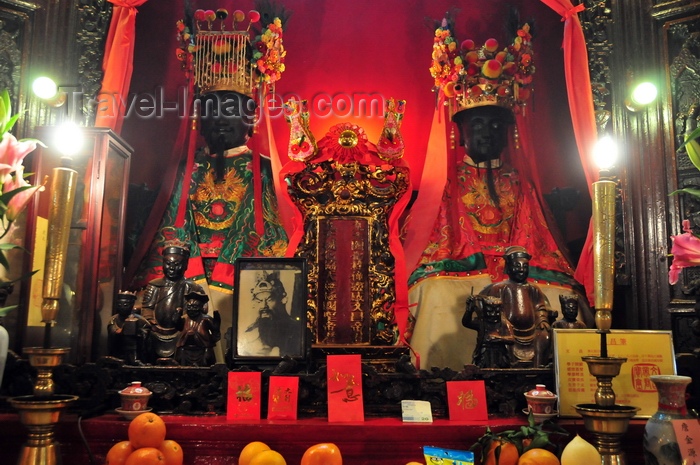Nature having provided it with an excellent natural harbour, the next half-century saw Hong Kong transformed into the hub of Britain’s China trade. In 1898, the colony was expanded when Britain negotiated a 99-year lease of the New Territories. The colony’s population expanded to reach 1.6m by 1941 but by the end of the Second World War the effects of Japan’s harsh occupation left the colony with just 650,000 inhabitants.
However once peace resumed people were quick to return and Hong Kong’s populations reached 2.2m by 1950 and Hong Kong became a major centre for the manufacture of cheap goods of all sorts. By the 1970s, financial services began to take on increasing importance, and as low-wage jobs moved to the mainland and the importance of manufacturing fell as Hong Kong became a global financial hub.
 Hong kong china
Hong kong china Hong kong china
Hong kong china Hong kong china
Hong kong china Hong kong china
Hong kong china Hong kong china
Hong kong china Hong kong china
Hong kong china Hong kong china
Hong kong china Hong kong china
Hong kong china
No comments:
Post a Comment